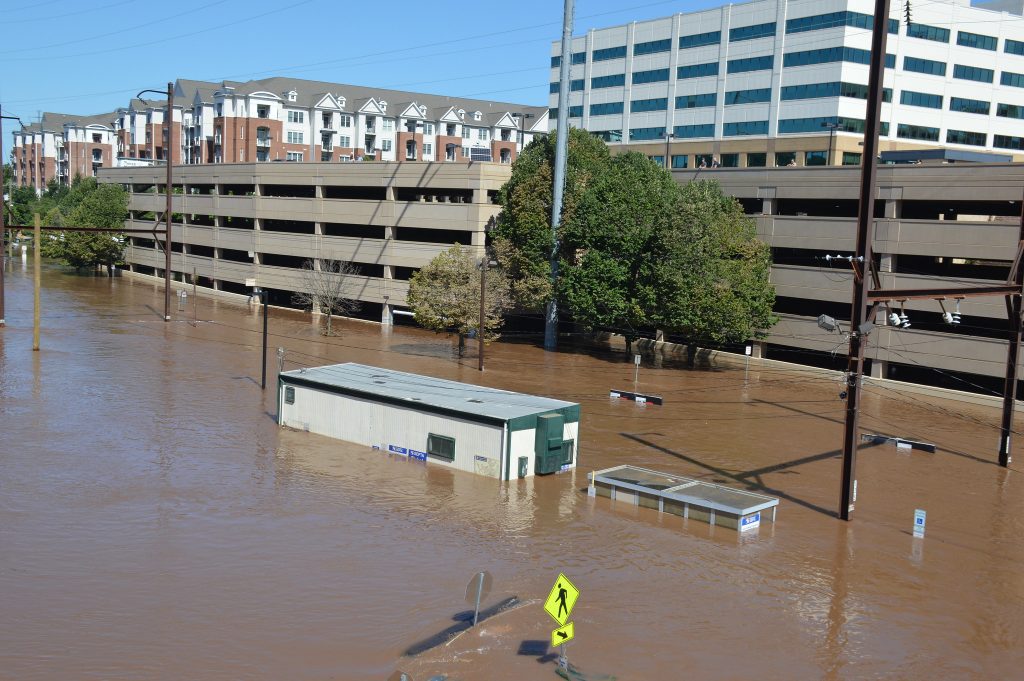
By Kelsey Gardipee
For The Cordova Times
By nature, Americans tend to be generous. Amidst a pandemic and economic uncertainty, charitable contributions topped a record-breaking $471.4 billion in 2020, according to the Giving USA Report. Of that staggering total, $324.1 billion was contributed by individual donors. Even in our own times of need, Americans prove to be ready and willing to support others seeking relief.
Whether you’ve watched the news daily or only skimmed headlines on social media recently, you’ve likely heard about the chaos resulting from the American withdrawal of troops in Afghanistan, the devastating 7.2 magnitude earthquake in Haiti, fallout from Hurricane Ida, and the wildfires burning millions of acres across California and the Northwest. Every new disaster headline tugs at our heartstrings and drives many of us to do what we do best – help.
Even if all you have to give is $5, your gift will make a greater impact if you take a few minutes to research before submitting your donation. Here are a few things to keep in mind about disaster response efforts:
- Presence. Does the charity have an established presence in the area? A new organization, even with the best of intentions, may fall short of established charities with an existing presence and capacity to serve in a recently devastated area. If an organization doesn’t have the infrastructure to offer services in an area, immediately following a disaster isn’t an ideal time to expect a new organization to offer effective assistance.
- Experience. Does the organization have experience offering disaster relief? We’ve all perfected the art of the pivot but unless an organization has experience in disaster relief, it may not be the best equipped to deliver aid quickly and effectively.
- Practicality. Donation drives for clothing, food, and supplies are great for local needs but are highly impractical for far away relief. Before gathering physical donations, realize that these contributions divert resources away from an organization’s ability to provide immediate relief. Financial donations are most effective and can be used right away.
- Clarity. What is the organization fundraising for? “To help victims” and other vague responses should not instill confidence. Pay attention to what the charity says they’ll do with the funds received and whether the money will be spent for immediate needs or long-term relief. Appeals should be clear about what relief services the charity will offer and where and whether they’ll be there to respond only to urgent needs or stick around to provide long-term recovery.
- Crowdfunding. Keep in mind that some crowdfunding sites do very little vetting of individuals who decide to post for assistance after a tragedy or a disaster. As a result, it can be difficult for donors to verify the trustworthiness of crowdfunding requests for support. It is always safest to contribute to individuals that you personally know. If the post claims it intends to pass along collected funds to a charity, consider cutting out the middleman and visit the charity’s website directly.
From natural disasters to human rights atrocities, there is, sadly, always an emergent reason to give. However, we can make more of an impact when we donate with intention and a little research. BBB Wise Giving Alliance takes the guesswork out of giving – making it easy to give confidently. Start your search at BBB.org or Give.org to find out whether the charity you plan to support meets our 20 Standards for Charity Accountability.
Kelsey Gardipee is charity review manager for Better Business Bureau.





